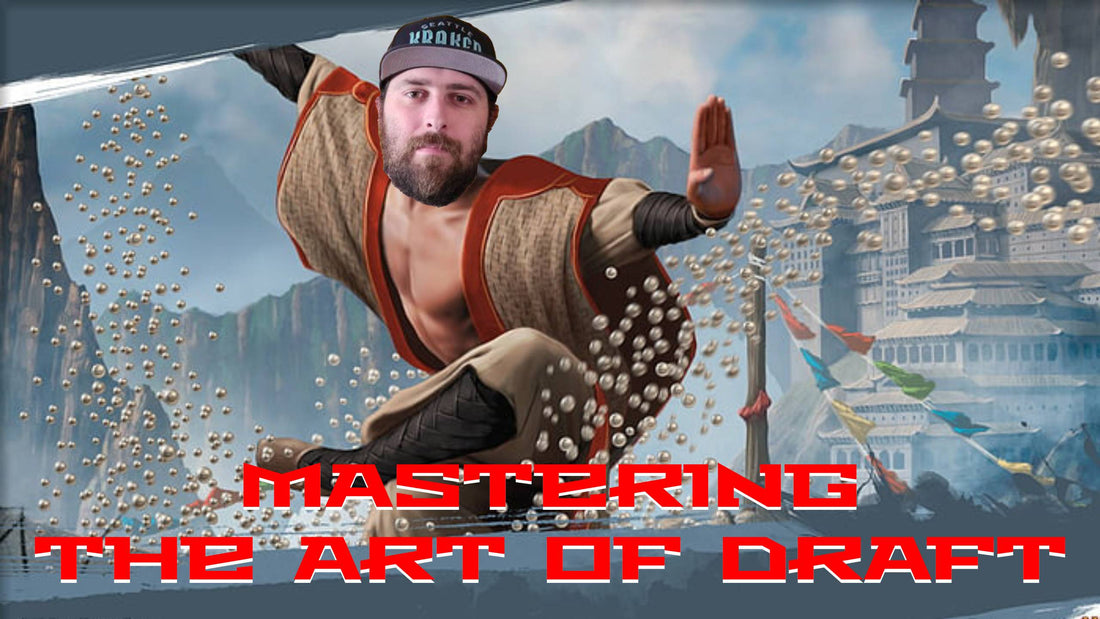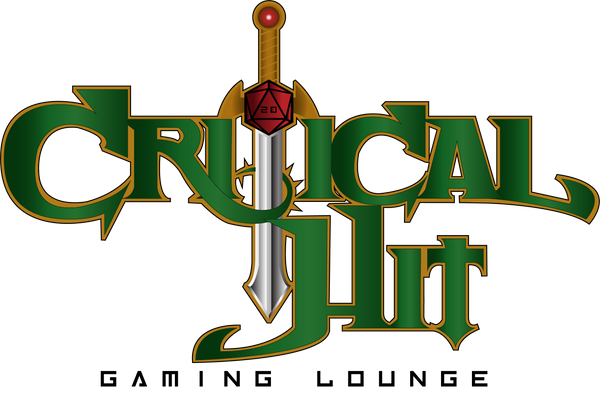
Mastering the Art of Draft : The Brothers' War
Share
What is a draft, you ask? Drafting is way to play Magic where you sit down with other players, each with three packs of cards. You, along with everyone else at the table, open one pack each and select—"draft"—one card from that pack. Then you pass the rest of the cards to the player on your left. The packs get passed around the table until all the cards are gone. You repeat this process for the second pack, passing to the right. For the third pack, you repeat the process once again passing to your left until all the packs are opened and no cards are left. After this, you create a 40-card deck from the card pool you just drafted.
While draft is great for beginners, its also extremely good for experienced players as well, it can be quite competitive once you figure out the "formula" of solid drafting. Its a lot more than just picking whatever cards look pretty or taking a hard stance of "I'm playing this color only". As with any format in magic, you need to go with the flow and pick what works best in the situation. With draft, that situation will always be different, the randomization of each booster pack keeps you on your toes and makes you think critically about what cards you want to play. 
Removal is important to any deck, but particularly in draft. Without it you can and likely will get over run by behemoths and problem creatures on your opponents side. Some cards are very obviously good for removing creatures, but others aren't, and in some cases good removal doesn't necessarily mean sending the creature to the graveyard. Cards like Prison Sentence and Weakstone's Subjugation are quite efficient at stopping a problem in its tracks. Even cards like disenchant in a format like this can be power house removal spells, especially in a set like The Brothers' War. Making sure you have a healthy spread of spot removal on hand is important. 
While making solid picks for commons and uncommons are important, sometimes choosing a strong rare if you get lucky can set the tone for how you will want to go about constructing your deck and making your draft choices. Depending on what you get, they can be the back bone to your entire strategy.
There is however many rares that are underwhelming and will hinder your deck if you try to play them, and its important to learn how to recognize those cards. Once you have an idea of what rares are undesirable, you can make educated choices on uncommons or commons that are superior for what you plan on doing, dont like your rare? Then pick the uncommon that's more playable! 
Identifying cards that I like to call "traps" is also useful to pick up on. These types of cards can encompass a range of things. They seem good on the surface, but in practice end up being entirely too slow, or simply not strong enough for what you need to win. Sibling Rivalry is one of those cards, for 4 mana there are a world of better cards to choose from that will have a higher impact on the game when played. Even something like the card Curate, while it does draw you a card and give you a peak at what's coming up in your deck, its not where you wanna be with 2 mana, especially when your opponent could have a threat on board. Cards like this are better off being actual threats for you to drop as it can make the difference between winning and losing. Don't fall prey to these bad cards! 
Rounding out your curve is also a good thing to get a grasp on with any draft (or deck building in general). Making sure you have a solid play for every turn can boost you into the winners bracket by giving you the consistency you need. Typically the above image is where you want to be when it comes to deck building for draft, but this does differ from set to set. In Brothers' War there is a lot of high cost artifact creatures that have a "prototype cost" making them fit in the curve easier. So don't be afraid to have a few extra big beefy creatures in your deck.
All in all, drafting is fun for everyone but even more fun when you know what you're doing! Hopefully these tips and tricks help you at your next draft night, and give you the tools you need to become a master in your own right. |
Keith Heard
